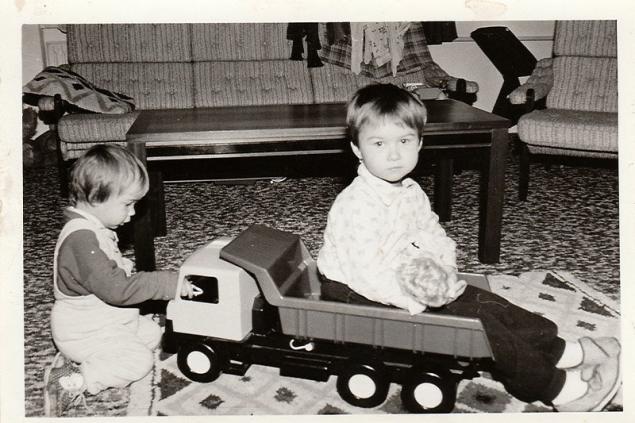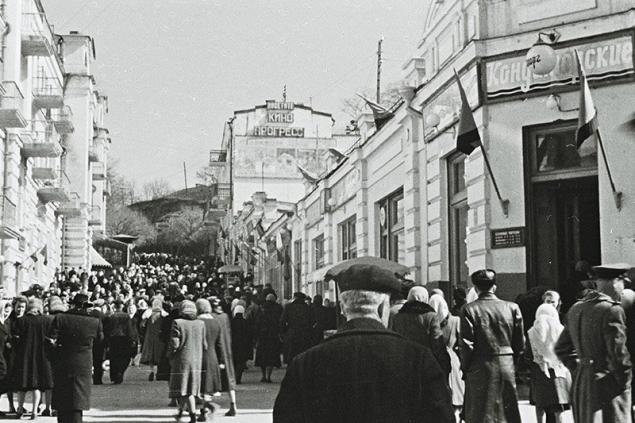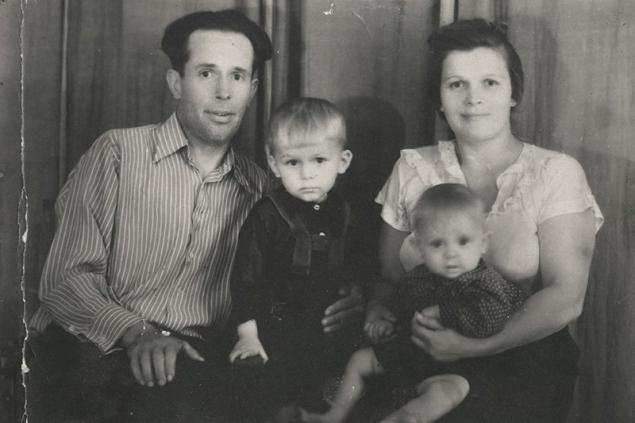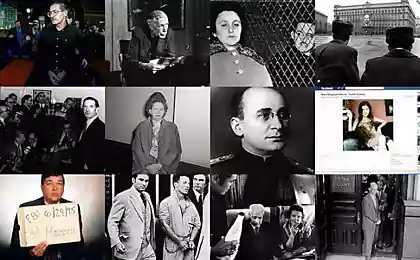186
The sad reality of Soviet life, in which there was no place for mayonnaise
“We are the first in space”, “Catch up and drive”, “Soviet means excellent”. And that’s not all the slogans that accompanied it. Soviet life. But what did they mean to ordinary people? For school children, housewives and ordinary workers? And they meant only one simple thing - scarcity.

Editorial "Site" He remembers this without embellishment and unnecessary nostalgia. It's time to get the ugly facts and stop looking at the past through rose-tinted glasses.
We often hear people complain about life and say that it was better before. But is that really true? Many remember their carefree childhood, but did not forget the empty shelves of shops. How did that happen?

Older people like to think about how everything used to be lamp-like and kind. At least the life of a simple person was in complete decline. While dogs were sent into space, children had nowhere to get shoes, and ordinary women stood in line for bread for hours.
My father-in-law once told me that when he was a boy, he met a banana. All the children gathered in the yard and ate it directly with the skin. At the time, it was an exotic fruit. And what were the blue scary chickens that stood in line for?

The funniest thing for me is to remember the low prices of those years. For example, a dozen eggs then cost 1 ruble 50 kopecks. If you convert this to modern rubles, taking into account the average salary then and now, you get 240 rubles. 200 rubles now costs a dozen eggs in premium stores. In simple supermarkets, they can be bought for 80 rubles and cheaper. And how many eggs will you buy for a salary of 100-150 rubles?
Most people lived in constant scarcity. Ordinary goods for us then could be obtained only with the “right” acquaintances. Simple children’s clothes and shoes were always bought for growth. And the most necessary feminine hygiene products to buy at all was impossible.

I would also like to mention the so-called food tourism. In small towns, it was sometimes impossible to get even sausage. That’s why they drove five hours in trains to Moscow for “extraordinary”.
Take a look at all of those years: women are in line. And the men, if there are, are in line for the liquor store. And all the hardships of getting the necessary products, the eternal trampling of clothes, cooking and cleaning fell on the shoulders of women.
That’s why my mother and grandmother are always trying to feed me. What is it, if not the echoes of that eternal lack of the simplest? And storage "just in case"? That’s how much psychology has been around since then.

When you have more strength and energy, when you are young, everything seems better than it really is. This is the basis of nostalgia for the Union of several generations. It’s a good feeling, but don’t fool yourself. No matter how difficult it is, we are still living better than before. But this does not change the happy years. Share your memories in the comments, good or bad. As Mikhail Lomonosov once said, “A nation that does not know its past has no future.”

Editorial "Site" He remembers this without embellishment and unnecessary nostalgia. It's time to get the ugly facts and stop looking at the past through rose-tinted glasses.
We often hear people complain about life and say that it was better before. But is that really true? Many remember their carefree childhood, but did not forget the empty shelves of shops. How did that happen?

Older people like to think about how everything used to be lamp-like and kind. At least the life of a simple person was in complete decline. While dogs were sent into space, children had nowhere to get shoes, and ordinary women stood in line for bread for hours.
My father-in-law once told me that when he was a boy, he met a banana. All the children gathered in the yard and ate it directly with the skin. At the time, it was an exotic fruit. And what were the blue scary chickens that stood in line for?

The funniest thing for me is to remember the low prices of those years. For example, a dozen eggs then cost 1 ruble 50 kopecks. If you convert this to modern rubles, taking into account the average salary then and now, you get 240 rubles. 200 rubles now costs a dozen eggs in premium stores. In simple supermarkets, they can be bought for 80 rubles and cheaper. And how many eggs will you buy for a salary of 100-150 rubles?
Most people lived in constant scarcity. Ordinary goods for us then could be obtained only with the “right” acquaintances. Simple children’s clothes and shoes were always bought for growth. And the most necessary feminine hygiene products to buy at all was impossible.

I would also like to mention the so-called food tourism. In small towns, it was sometimes impossible to get even sausage. That’s why they drove five hours in trains to Moscow for “extraordinary”.
Take a look at all of those years: women are in line. And the men, if there are, are in line for the liquor store. And all the hardships of getting the necessary products, the eternal trampling of clothes, cooking and cleaning fell on the shoulders of women.
That’s why my mother and grandmother are always trying to feed me. What is it, if not the echoes of that eternal lack of the simplest? And storage "just in case"? That’s how much psychology has been around since then.

When you have more strength and energy, when you are young, everything seems better than it really is. This is the basis of nostalgia for the Union of several generations. It’s a good feeling, but don’t fool yourself. No matter how difficult it is, we are still living better than before. But this does not change the happy years. Share your memories in the comments, good or bad. As Mikhail Lomonosov once said, “A nation that does not know its past has no future.”
What does the mother drop tears on the playground, who gave birth to the first child from fifty years
Phrases of the beloved that make a man unbearably suffer























